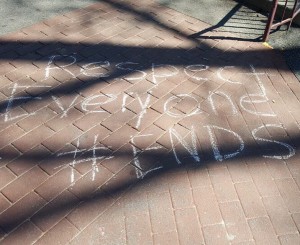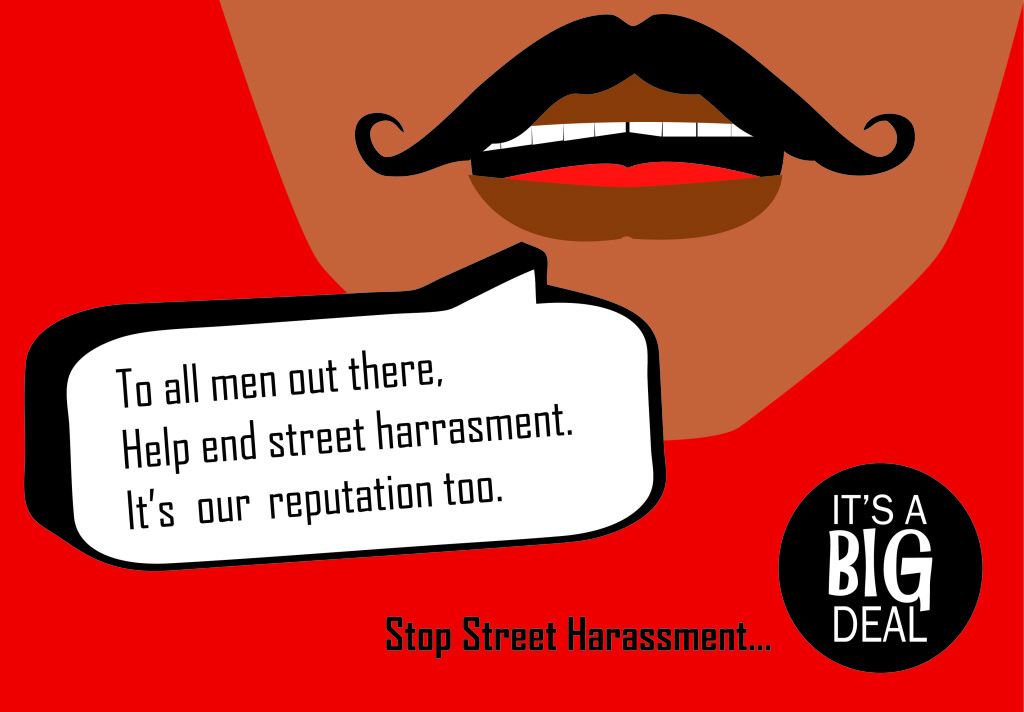When I was around 18, I was often harassed by older men at night, once one of them took me forcefully by the arm and tried to convince me to follow him to a “party”. After refusing several times he still wouldn’t let go of my arm, so I had to shove him to free myself. This event was particularly disturbing.
I get “catcalled” by women sometimes but it’s rare, less than once a month or perhaps every other month. Things like “come fuck me, it’s my birthday! *giggles*” and stuff like that. It doesn’t affect me very much (actually usually I find the situation funny, although I know I shouldn’t and I don’t approve of their behavior).
When I was 19, I worked a summer in a hospital and was frequently harassed/lightly assaulted by female patients, although usually very old or suffering from some form of mental disorder (I assume).
I was groped a few times on dates as I was trying to leave. I usually find that extremely rude but it didn’t affect my dating life much (except for never wanting to see those people again).
The scary harassment events are of the “non-sexual” kind, when people, often drunk and sometimes in groups, in public transportation or in the street, act aggressively and try to intimidate me. These happen about once every other month. The perpetrators are usually men but women are involved around a third of the time. I noticed when they are men they tend to be young, when they are women they tend to be middle-aged.
Optional: What’s one way you think we can make public places safer for everyone?
Perpetrators of street harassment are for the most part not on the privileged side of the social spectrum. People living in poverty, people marginalized for such or such reason (immigrants from developing countries, people with alcohol or drug abuse problems, people suffering from mental issues etc.) are much more likely to resort to anti-social acts. There is no feasible solution to street harassment, the problem is with people lacking the means to live a decent, dignified life. Like most societal problems, street harassment can’t be beaten unless we change the structures of society to be fair and equitable. Nothing can change in a world under capitalist rule.
– Anonymous
Location: Nantes, France
Share your street harassment story for the blog.
See the book 50 Stories about Stopping Street Harassers for more idea.

 When most people hear the term street harassment, they probably picture of a man whistling at a woman walking down the street, or a man catcalling a woman as he drives by in his car. After all, women make up the majority of street harassment victims and men are most commonly the harassers. According to
When most people hear the term street harassment, they probably picture of a man whistling at a woman walking down the street, or a man catcalling a woman as he drives by in his car. After all, women make up the majority of street harassment victims and men are most commonly the harassers. According to 